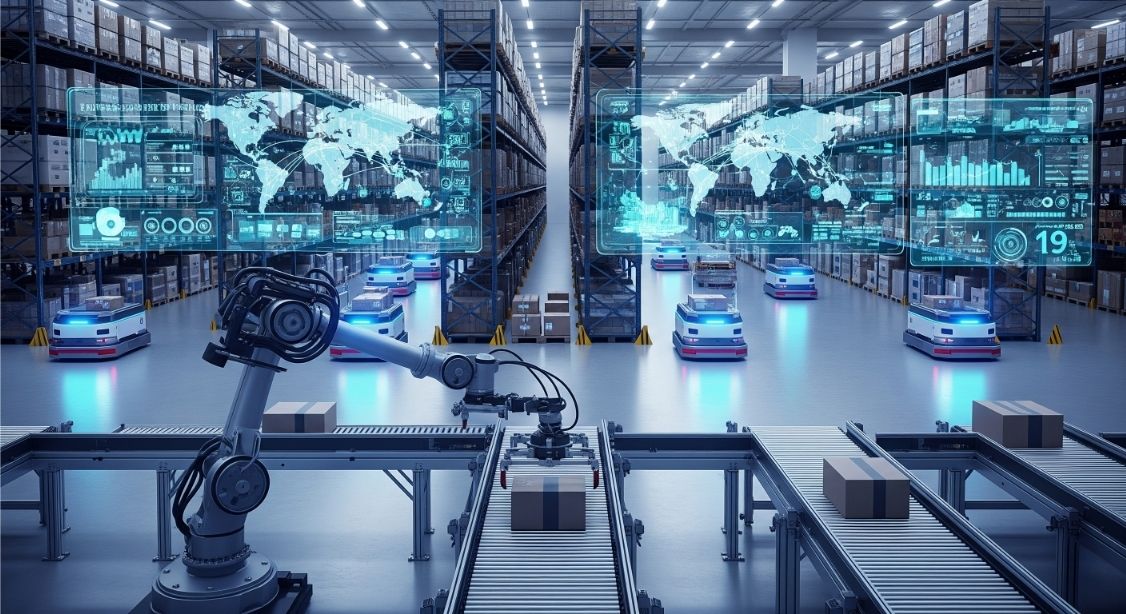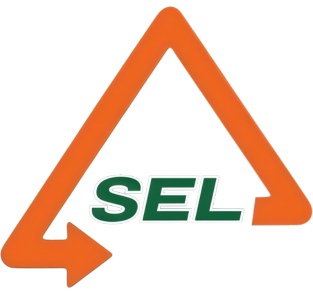Logistics Tech Trends for 2026: How AI and Automation Will Help Your Import-Export Business
The world of international trade moves faster than ever. For businesses involved in importing and exporting, staying competitive means more than just finding the best shipping rates; it means building a supply chain that is smarter, faster, and more resilient. Looking towards 2026, two key technologies are set to redefine the industry: Artificial Intelligence (AI) and Automation. These are no longer futuristic concepts but practical tools that can deliver a real competitive edge. Let’s explore how they will directly benefit your business.
In the new era of logistics, AI and Automation are no longer just an advantage-they are the new language of global trade. Businesses that learn to speak it will lead the way.

1. Predictive Analytics: From Reactive to Proactive
One of the biggest challenges in logistics is uncertainty. AI-powered predictive analytics changes the game by analyzing massive datasets-including weather patterns, port congestion, traffic, and historical shipping data. Instead of reacting to a delay after it has already happened, AI can predict potential disruptions before they occur. For your business, this means more accurate delivery estimates, smarter route planning to avoid bottlenecks, and the ability to proactively inform your customers of any potential issues, building trust and reliability.
2. Automated Warehousing: Speed and Accuracy Perfected
The journey of your goods often begins or ends in a warehouse. Automation is revolutionizing this critical step. Automated Guided Vehicles (AGVs) and robotic systems can sort, pick, and pack goods 24/7 with near-perfect accuracy. This dramatically reduces human error, speeds up order fulfillment, and gets your products ready for shipment faster than ever. For an import-export business, this means reduced lead times, lower operational costs, and a more efficient inventory management system.
3. Intelligent Document Processing: Taming the Paperwork
International trade runs on documentation-Bills of Lading, Commercial Invoices, Packing Lists. A single error can lead to costly customs delays. Intelligent Document Processing (IDP) uses AI to automatically read, understand, and process these critical documents. It can extract key information, check for errors, and even populate data into customs declaration forms. For your business, this means a drastic reduction in manual data entry, fewer compliance risks, and faster customs clearance, saving both time and money.
The logistics landscape of 2026 and beyond will be defined by efficiency, predictability, and intelligence. AI and Automation are the keys to unlocking this potential. Adopting these technologies is not about replacing the human element but empowering it. At SEL Logistics, we are committed to embracing these innovations, not just to improve our own operations, but to provide our partners with a supply chain that is truly ready for the future.



